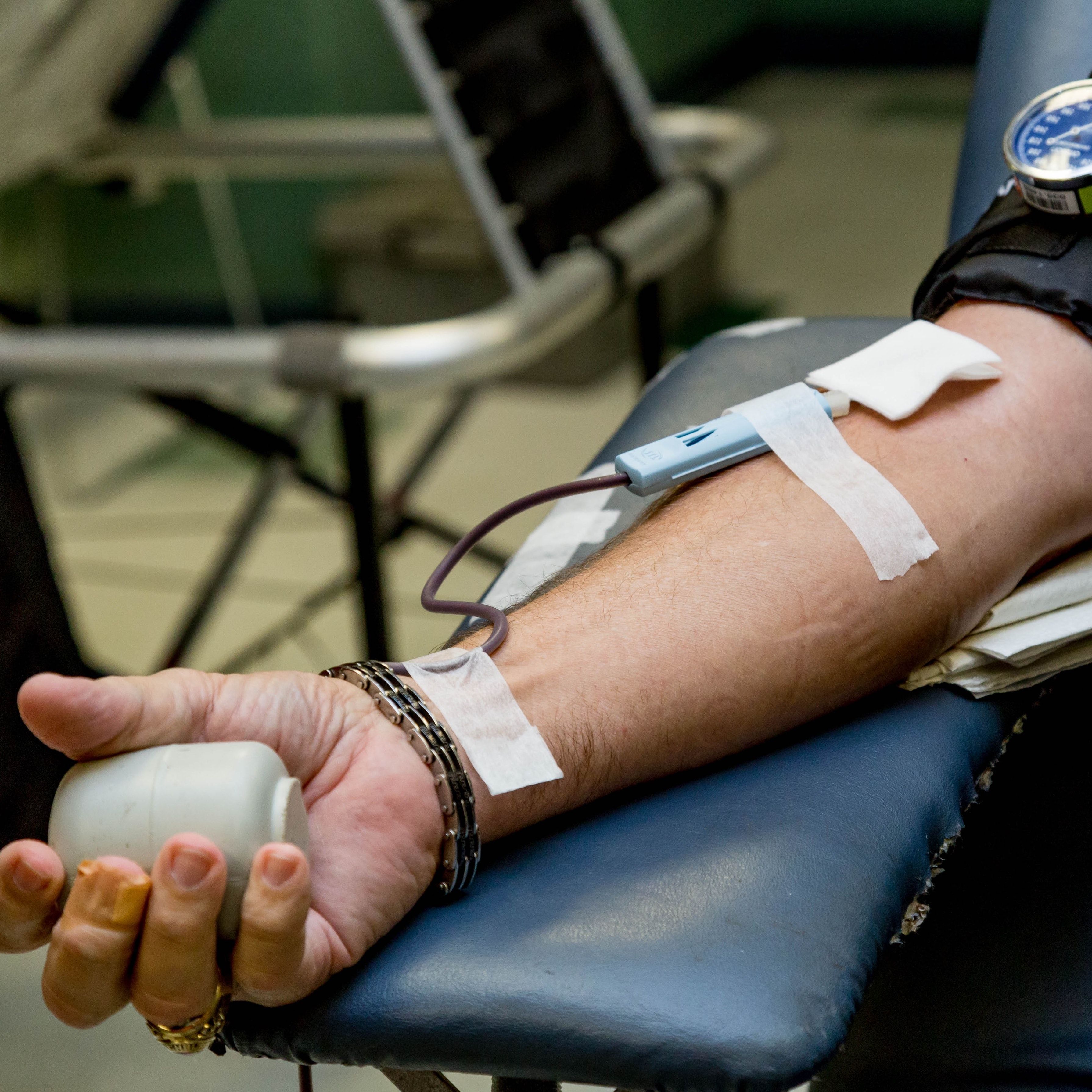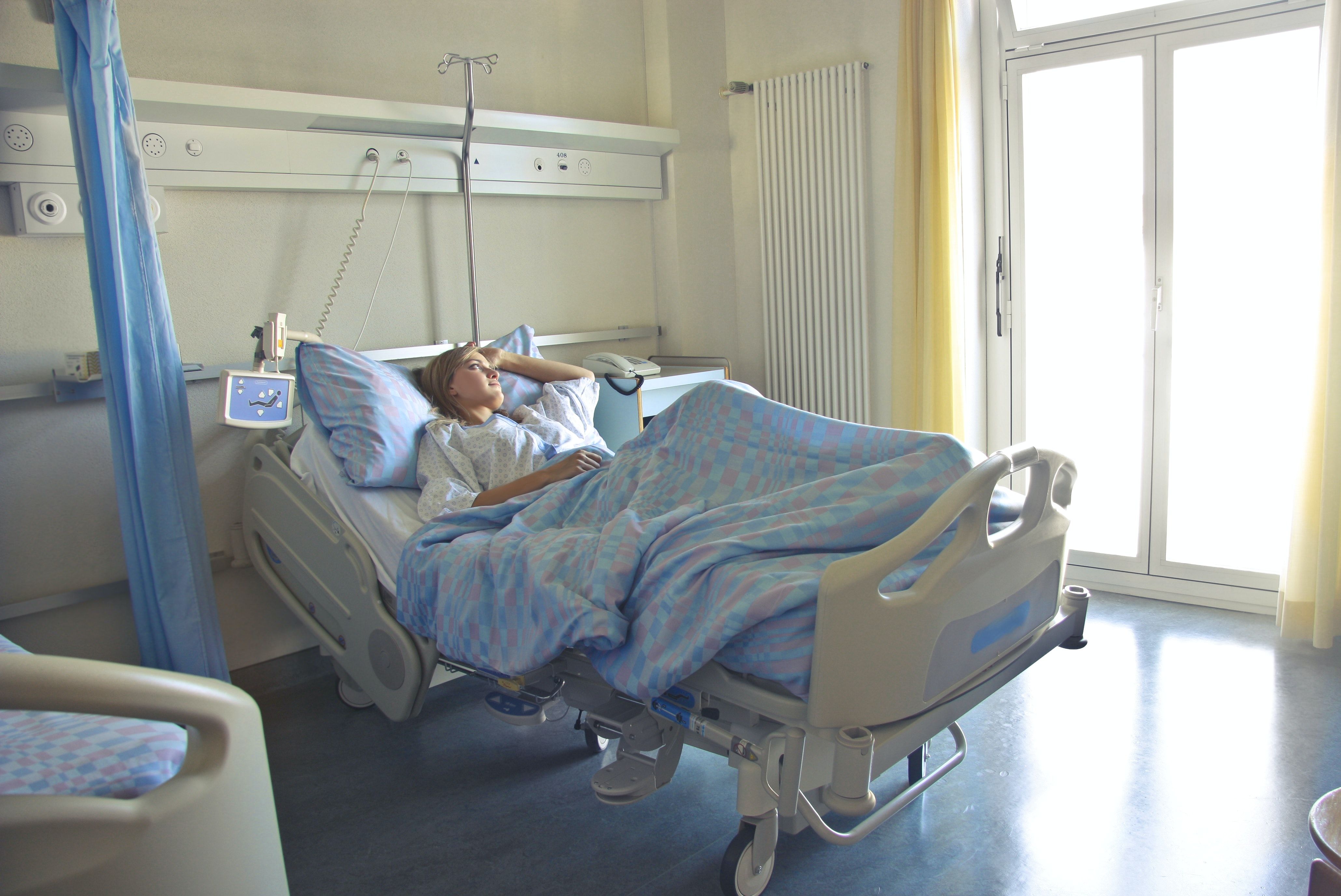Article
Single-tablet Alternative for HIV-1 Patients
Author(s):
The single tablet is an effective potential alternative treatment option for the management of virologically suppressed patients with HIV.

Results of a new study published in The Lancet in October indicate that single-tablet darunavir, cobicistat, emtricitabine, and tenofovir alafenamide can be a safe and effective treatment option to replace a regime of boosted protease inhibitor, emtricitabine, and tenofovir disoproxil fumarate in adults infected with HIV-1 who also have viral suppression.
The EMERALD trial, a phase 3, randomized, active-controlled, open-label, international, multicenter trial, was conducted at 106 sites throughout North America and Europe.
Study participants were treatment experienced, virologically suppressed adults infected with HIV-1. Virologic suppression was defined as viral load <50 copies per mL for ≥2 months. One viral load of 50—200 copies per mL was allowed within the year prior to screening. Also permitted in the group were patients who had a history of virologic failure on regimens that did not include darunavir.
Patients were randomly assigned to either a control regimen or the study regimen, which was a single, fixed-dose tablet consisting of darunavir 800 mg, cobicistat 150 mg, emtricitabine 200 mg, and tenofovir alafenamide 10 mg, taken once a day for 48 weeks.
The study gauged the number of patients who experienced virological rebound — a viral load ≥50 copies per mL or premature discontinuations, with last viral load ≥50 copies per mL — over the course of 48 weeks.
The study, which began April 1, 2015, and continued until Feb. 24, 2017. Researchers evaluated a total of 1,141 participants for the study — 763 in the study group and 378 in the control group.
Of these patients, 58% (664) had previously been treated with 5 or more antiretrovirals. Ineffective previous treatment experience with a non-darunavir regimen was reported in 15% (169) patients.
The median age of the participants was 46 years; 18% women; 25% non-white; and 21% black.
The study regimen was non-inferior to the control for virological rebound cumulative through week 48 (19 [2·5%] of 763 patients in the study group vs 8 (2·1%) of 378 patients in the control group; difference 0·4%, 95% CI −1·5 to 2·2; p<0·0001). There was no resistance to any study drug observed.
There were 11, or 1%, of discontinuations related to adverse events in the study group versus 4, 1%, patients in the control group, and grade 3—4 adverse events of 52 patients, 7%, versus 31 patients, 8%, between the two groups.
There was a small non-clinically relevant but statistically significant (0·2 [SD 1·1] versus 0·1 [1·1], p=0.010) difference between the 2 groups in change from baseline in total cholesterol to HDL-cholesterol ratio.
A single instance of pancreatitis in the study group was the only reported serious adverse event. Otherwise the regimen was well tolerated, with similar adverse events in the control and study arms, including nasopharyngitis, upper respiratory infection, diarrhea and headache.
There were no discontinuations due to virologic failure, and no treatment-related deaths.
The research team concluded that single-tablet darunavir, cobicistat, emtricitabine, and tenofovir alafenamide can be a safe and effective potential alternative treatment option for the management of virologically suppressed patients with HIV-1 infection.
Related Coverage
How Dogs Could Help Patients with HIV Live Longer
Promising New Molecule in HIV Vaccine Design
Re-engineered T Cells Show Promise in Fighting HIV





